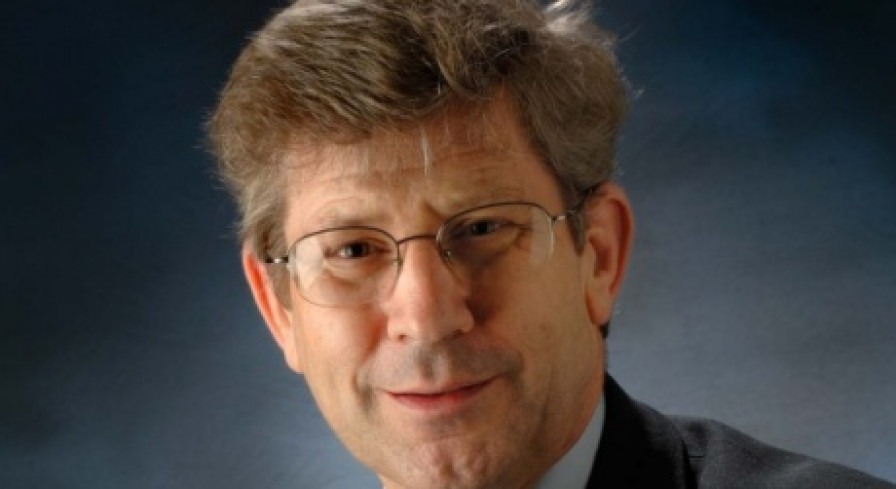How do we take charge?

I have just attended my third major event in three weeks: Westminster Education Forum; Future Play and the Music Education Expo. Each time I was inspired by the sheer passion and commitment of colleagues in the world of music and their desire to share their expertise with young people.
Over 200 people contributed to the debates on the future of the national curriculum; a further 200+ were looking at Music Systems for the 21st century, inspired by Dudamel, the LA Phil, HOLA and YOLA - their programmes for communities and young people – and over 2000 attended seminars and workshops at the Expo.
Two things struck me: first that there was very little overlap of attendees (not surprising as most people have day jobs and actually work with young people on a regular basis); and second, the messages from the delegates seemed to be largely about the impact of others on us and what others should do to make things better for us and the young people we care about.
So many of our problems arise from being asked to do ‘important’ or ‘urgent’ things for others that are neither important nor urgent for us. A school SLT demands that we assess every half term using sublevels; or use a lesson plan that works for English or Maths but not for music; or they care more about the extra-curricular showpiece events than they do about the entitlement for all young people through classroom music. Funding bodies ask for information in formats that are different to the ones required by our own parent organisation or accountants, doubling the workload for no extra gain. We are asked to provide information that does not impact on the quality of the experience for young people and not asked for information relating to those things that actually matter. Or at least, that’s how it seems to us.
So, what can we do about it? The good news is that help is at hand, if only we know how to access it!
First, we must take charge of our own actions and take responsibility for how we prioritise our own time. If someone else asks for information by a deadline we can’t meet, or in a format that will require additional work – negotiate an extension or ask why your format is unacceptable. There may be good reasons why you need to comply and it will be less frustrating if you can understand. Consider what would happen if you refuse! Maybe someone else, higher up will get involved and come up with a solution no-one else had the authority to implement. But beware – relationships are easily damaged and take a long time to rebuild. Choose your battles carefully.
Second, talk to others in similar situations to see whether you are the exception or whether they share the same frustrations. How do they manage similar demands? Together you have more chance of effecting change than if you fight battles alone. And we may find we can learn from the best practice of others.
Third, look to sources of authoritative information and people in posts of responsibility who can argue for you or at least signpost you to evidence that will help. Ofsted is clear – THERE ARE NO SUBLEVELS IN MUSIC! Lessons in music should be MUSICAL! Young people should be engaged, motivated and inspired through making music. Yes, you should be supporting the school literacy policy if the students need to do some writing, but that writing and reading should support the music making. Most English department have more staff and more lessons for English. Music teachers are often alone and only have one lesson at KS3 each week – if that! Your time has to be used empowering the young people to access high quality music learning. See the Ofsted YouTube clips and documents: http://www.ofsted.gov.uk/inspection-reports/our-expert-knowledge/music
Hubs and the National Plan are there to help too. The plan enables schools to challenge what the hubs are doing but also requires the hubs to challenge and support schools and together, to support high quality music education for young people. Mark Philips(Ofsted) said ‘music teachers in schools have to be at the heart of the hubs.’ Are you?
Of course, these things take time - time when you could be making music with the young people. But over 20 years of a statutory national curriculum and significant investment of funds have not produced the changes we need. Governments and Ofsted could do more and more money would help. But are we being as effective as we can be to improve matters and provide the evidence for that support from politicians and funders for the future?
Over 2,500 key people, who did find time to go to one or more of those recent conferences can make a difference if we decide to work together on behalf of the young people and high quality music making. We need to commit to working together, put the young people’s music making above any personal agendas we may have, and then reach out to those who have not yet engaged.
If, over the next two years, we can turn 30% of good and outstanding schools into 40% and then 50%, we will show progress that over 5 more years could reach nearly 100%! That way we secure the future of music education and provide the evidence not only for continuing funding, but, when the economy finally starts to pick up, even more funding! And because we will be able to demonstrate we have used the funding well, we are more likely to get it.
As I have argued elsewhere – together we CAN make a difference. Let’s take charge now and secure the future of a music education system that is already the envy of many others around the world so that even more young people can benefit! Is a10% improvement each year too much to ask?
